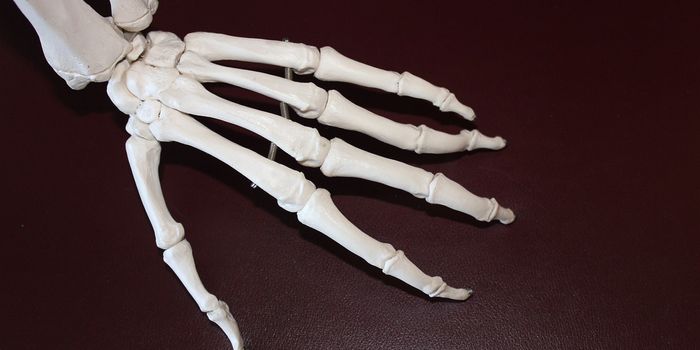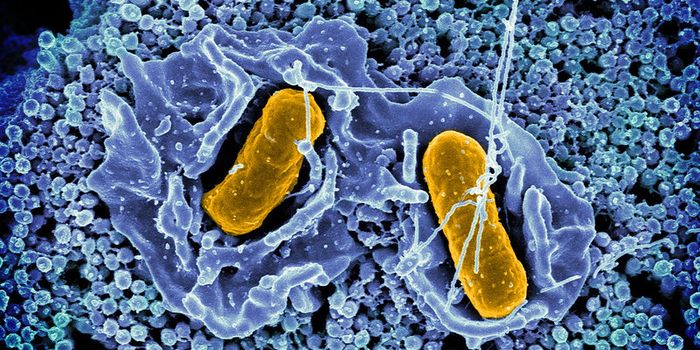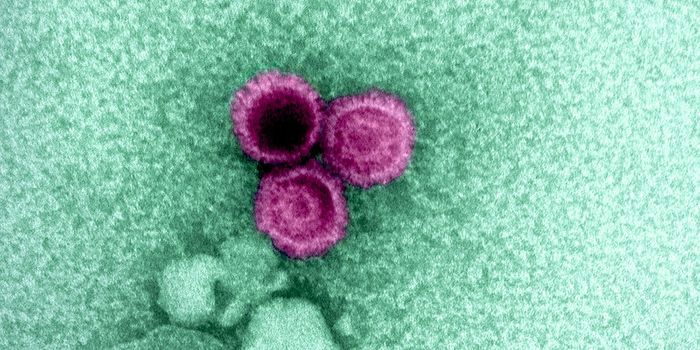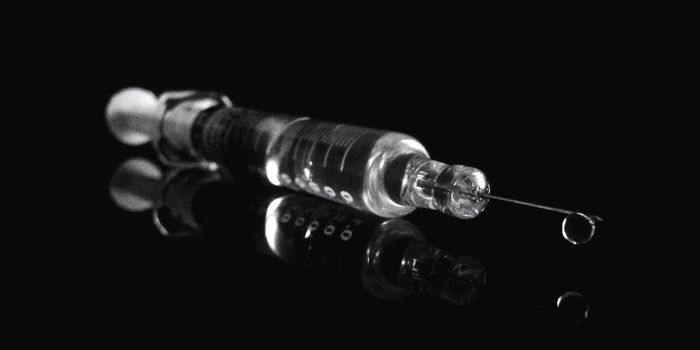Thanks to the memory capabilities of our immune cells, our body knows how to fight pathogens better the second, third, and fourth times we encounter them. Immune memory also makes vaccination possible. So how exactly do immune cells transition into being memory cells?
A new study from Osaka University in collaboration with the RIKEN Center for Integrative Medical Sciences and the Immunology Frontier Research Center, researchers sought to confirm the mechanism behind the induction of B cells in the germinal center into differentiated memory B cells.
B cells are infamous for running the block with T cells during the cell-mediated immune response, also known as the adaptive immune response. B cells are charged with making antibodies which recognize pathogen antigens and further the process of targeting and killing these foreigners. During a pathogenic invasion, lymphocytes like B and T cells and continuously being produced to go out and do their job. Some B cells are tasked with making antibodies, and some stay behind to become memory B cells, responsible for reminding the immune system when the same pathogen enters the body later in life.
A home base type of structure called the germinal center is produced within secondary lymph nodes when either a vaccine or a virus enters the body. This is where the memory B cells are induced to differentiate from germinal-center B cells, scientists know, but what signal exists to facilitate this transition?
Researchers previously thought that memory B cells were induced to differentiate by high-affinity germinal B cells. However, researchers from the current study, published in Nature Immunology, found that it was quite the opposite. It was the germinal center B cells with the lowest affinity maturation for antigens that were most likely to be induced to differentiate into memory B cells.
The researchers also found high expression of a transcription factor called Bach2 in the germinal cell B cells with low antigen affinity, indicating that Bach2 is important for memory B cell differentiation. This finding also appears to be key for future vaccine experiments based on targeting memory B cells to improve immune memory.
Sources:
PubMed Health, Osaka University









